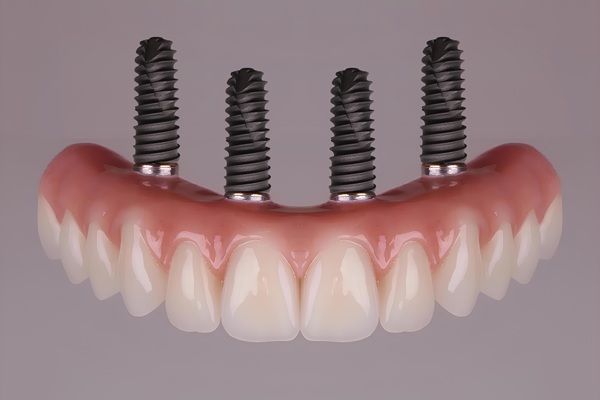How Long Will Botox Treat TMJ?

The pain, swelling and tension of TMJ disorders can have a negative effect on everyday life. Treatment with Botox® can help relieve pain both right away and long-term. Understanding the nature of jaw pain and the role of this procedure can help patients choose the right treatment plan.
TMJ disorders
Pain in the jaw can occur at any time from excessive chewing, injury or temporary inflammation. However, if the pain is chronic or accompanied by tension or stiffness, it may be a TMJ disorder.
Causes and symptoms
In some people, the exact cause of chronic jaw pain can be difficult to pinpoint. Arthritis, anxiety, orthodontic work and development issues can lead to a disorder of the temporomandibular joint area. In many patients, the pain is due to excessive clenching and grinding or overuse of the surrounding muscles. Those who suffer from TMJ disorders can experience a host of troubling symptoms and side effects:
- Pain in the jaw, face, neck or ears
- Frequent headaches
- Clicking or popping in the jaw
- Stiffness or limited motion
- A locked jaw
- Malocclusion
These can vary from person to person but tend to worsen over time if left untreated.
Using Botox® to treat TMJ pain
When it comes to managing frequent jaw pain, there are several options available, such as pain relievers, dietary changes and targeted stretches and massages. Many people also find relief by using Botox® to alleviate symptoms.
The treatment's effects
When the medication is injected into the muscles around the joint, it paralyzes the tissues and prohibits them from moving or flexing. This significantly relieves tension, and some people may experience some immediate pain relief. By deactivating the targeted muscle group, Botox® makes it difficult to habitually clench and grind teeth, creating an extended period of rest for these muscles. As a result, chronic swelling is reduced and the surrounding area is given the chance to heal properly.
Follow-up care
Once the procedure is complete, patients are encouraged to remain upright for several hours and to avoid massaging or overworking the jaw area. Following these important steps helps ensure that the medication stays in the targeted area until it is fully absorbed. This also improves the longevity of the treatment. Other than this, patients are able to resume normal activities immediately after the procedure is completed.
While Botox® takes effect right away, it will take the muscles approximately two weeks to begin healing from any damage. Fortunately, due to the high concentrations of medication used, this type of treatment for the jaw lasts between three and four months for most participants. The goal of Botox® for TMJ disorders is to immobilize the muscles and promote healing so most dentists recommend a second dose before the first one wears off. This allows the affected muscles to remain dormant for improved recovery. For many patients, only a few treatments are needed to achieve lasting results.
Conclusion
Botox® can be an effective treatment for TMJ pain. Results usually last for months, but patients should follow a dental professional's recommendations to promote more thorough healing and relief.
Request an appointment here: https://www.southfloridadentalarts.com or call South Florida Dental Arts at (305) 230-4041 for an appointment in our Miami office.
Check out what others are saying about our services on Yelp: Read our Yelp reviews.
Recent Posts
If someone is missing teeth, it is imperative to replace them as soon as possible. Implant-supported dentures are one option for replacement. These fixed dentures allow for an effective and natural bite, which means that the wearer can eat normally. Unlike traditional dentures, implant-supported ones are attached to the jawbone, which prevents bone loss and…
A gummy smile shows more gum tissue than expected. If you consider your smile a bit too gummy, a cosmetic dentist can provide various treatments to help achieve the look you want. A cosmetic dentist can help patients safely alter the appearance of a gummy smile and other issues with various cosmetic treatments.Dentists refer to…
A cosmetic dentist can help improve all aspects of a smile's appearance, including alignment. They can offer a few treatments to straighten the teeth or make them appear straighter. If you are considering seeing a cosmetic dentist about your smile alignment, here is more about their services.Before discussing how a cosmetic dentist straightens teeth, it…
A gentle dentist prioritizes patient comfort, helping to ensure that dental visits are stress-free and positive experiences. This approach encourages consistent care and helps individuals of all ages feel more relaxed in the dentist's chair. A gentle dentist helps patients stay at ease while they get the dental care they need.A gentle dentist focuses on…


